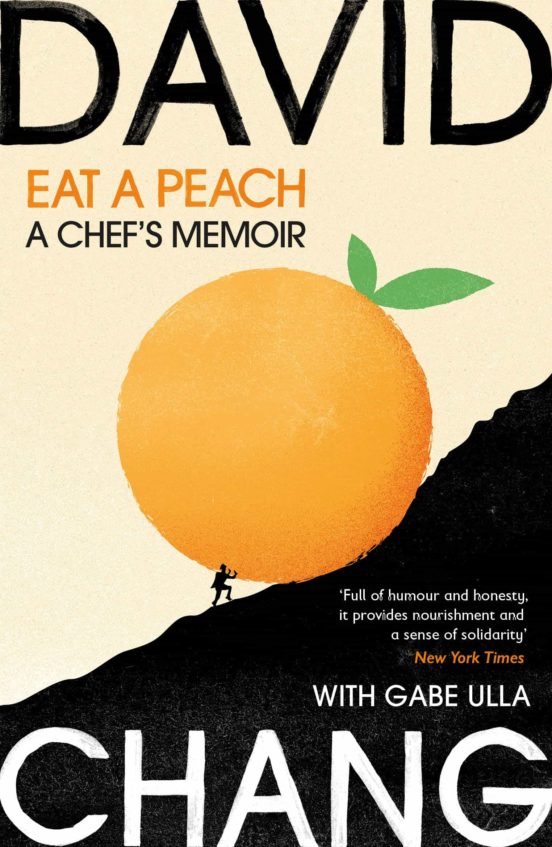


Any kind of restaurant in New York is a risk, but you didn't have really any experience. And you took on a lot of risk in opening the restaurant. KJ: You opened Momofuku in 2004, at a time when American cuisine wasn't generally as spicy and wild and fusion-y and delicious as it is now. We're going to be jumping around from topic to topic, if that's okay to do. KJ: Well, I'm going to try to stay away from food metaphors, but it's going to be like a stew. It's just the beginning of sort of reevaluating everything. And even though the book is done, I'm still like, it's not done. I'm constantly reflecting upon what my life has been. It's weird to think about the book now that it's done and it's out there, but there are a lot of buckets that it covers. I mean, I think you did a better job of summarizing it than I ever could. So, I was really excited to understand the David Chang vision.īut what I loved when I started listening is it's so much about you getting to know other people's perspectives and really deeply reflecting on your experiences and kind of rethinking them. I couldn't wait to listen to it because I’ve followed your career and eaten at your restaurants since you opened the first Momofuku Noodle Bar in New York in 2004. This memoir is very candid and it's very surprising. Thank you.ĭavid Chang: Thank you for having me, Kat. I'm so excited to have you here with us today, Dave. Eat a Peach explores Chang's journey from his roots as the child of Korean immigrants and young upstart chef to the top of the global food chain, with some ups and downs along the way. But his new memoir gives listeners even more to dig into on the subjects of mental health and entrepreneurship. Kat Johnson: Hi, this is Audible Editor Kat Johnson, and I'm here today with David Chang, who is best known as a world-famous chef and tastemaker.


 0 kommentar(er)
0 kommentar(er)
